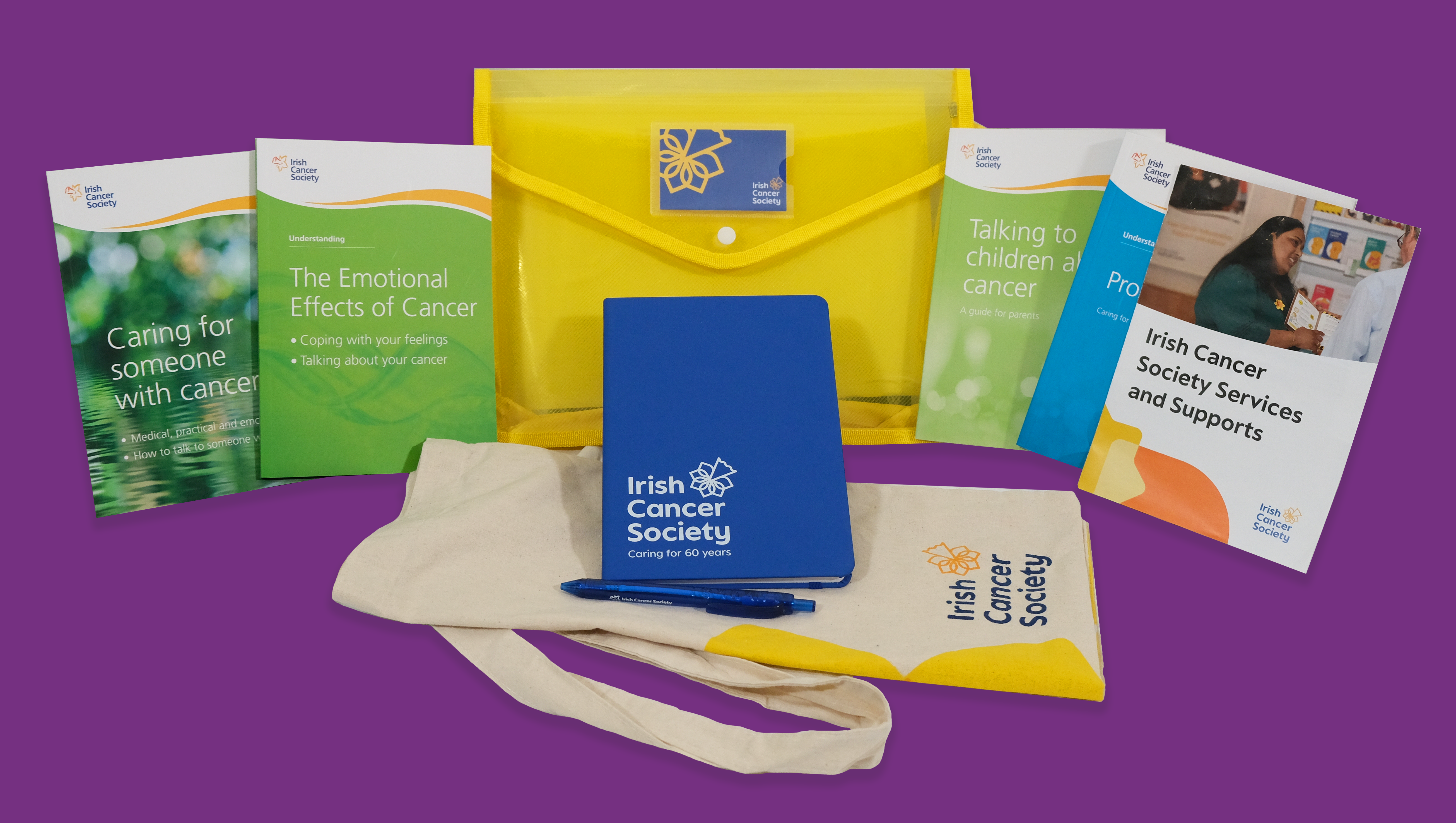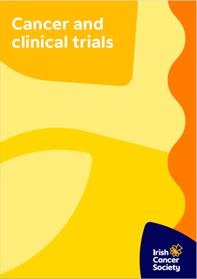Clinical trials
Clinical trials are research studies that try to find new or better ways of treating cancer or reducing side-effects.
What are clinical trials?
A clinical trial is a piece of research in humans that studies new ways of preventing, screening and treating physical problems. All the standard medical treatments that we use today have been tested in clinical trials.
Cancer clinical trials look at how cancer is diagnosed and treated. They look at the drugs used, how those drugs affect people and how they affect their cancer.
- Some clinical trials use new drugs or treatments to treat the cancer.
- Some clinical trials look at what happens when existing drugs or treatments are used in new combinations.
Some trials don’t use drugs or treatments at all, but focus on the quality of life of someone in cancer treatment, or look at the scans and tests used to find more information about their cancer.
Am I suitable for a trial?
You can ask your consultant about this. Trials often need patients who are similar in ways. For example:
- Age
- Sex
- Type of cancer
- Stage of cancer
- Previous treatments
- Other medical conditions.
This means that some people can be included in the trial but some are not suitable and so will not be able to take part, even if they have the same cancer type.
You may also need a medical examination and additional tests to check if you can take part in the trial.
Should I take part? Making a decision
If you a suitable for a trial, it can be hard to make a decision about whether or not to take part. Here are some things to think about:
Possible benefits of clinical trials:
- The trial treatment might be better than the standard treatment.
- Your doctor may find out more about your cancer due to extra tests only available on clinical trials.
- You may be helping to improve cancer treatment for future patients.
- Your clinical trial team will organise all your hospital appointments as the trial recommends.
- You will be closely monitored by a team of doctors and trial nurses.
Possible cons of clinical trials:
- The trial treatment may be as good as the standard treatment but it might not be better.
- You might have some side-effects after taking the trial treatment.
- You might have to make more visits to the hospital than patients who are on the standard treatment.
- If you are on a randomised trial using a new drug you may still only receive the standard treatment.
Getting information about clinical trials
There's a lot to think about if you're deciding whether or not to take part in a clinical trial, and some of the information can be a bit hard to understand.
Asking questions can help you to understand more about clinical trials and to decide if a trial is right for you.
Questions to ask could include:
- What does the trial hope to find out?
- What is the evidence for the trial?
- Will the trial cost me any money?
- What is the trial called?
- What treatment will I get?
- What is the difference between the trial treatment and standard treatment?
- What are the expected side-effects of the trial treatment?
- What are the benefits of taking part?
- What are the risks of taking part?
- How many patients are taking part in this trial?
- What is expected of me during the trial?
- How long will my treatment take?
- Will I have many extra visits in comparison to the standard treatment?
- Where will I get my treatment? Will I be in the same hospital and have the same doctors?
- When will the trial results be available?
- What will happen if I want to stop the trial treatment?
- What treatment will I have if I do not want to take part in the trial?
Getting information about trials - Tips
- Write down any questions you have before you go to your appointment.
- Bring someone with you, if possible - they can help you to remember what the doctor or nurse says.
- Bring a notebook and write down the answers to your questions.
- If you don't understand something, ask the doctor or nurse to explain again.
Giving informed consent
Before you start your treatment, you will be asked to read a detailed patient information sheet. After you have reviewed all the information, ask your doctor or nurse if you have any questions.
Once you have read the patient information sheet and spoken to the doctor or nurse, you will be asked to provide informed consent. This means that you understand the trial and agree to take part.
Giving consent means that you understand the trial and agree to take part. You cannot be part of a clinical trial if you have not given your permission. If you want to take part you will be asked to read a consent form.
The consent form explains:
- Why the trial is being run
- What it hopes to achieve
- What the possible side-effects and risks are
- Why you have been invited to take part
You can change your mind about taking part in a clinical trial even if you have signed the consent form or started a trial treatment.
You can withdraw from a clinical trial at any time. If the doctor or nurse feels that the trial would benefit you or your cancer long term, they will discuss this with you and make it clear – but the choice is yours.
If you decide you don’t want to be part of the trial any more, you will be offered the standard treatment instead.
Are clinical trials safe?
When a drug is being used in a clinical trial it has been carefully tested to make sure it is safe to use in a clinical trial, though there may be serious side-effects. The consent form you are asked to read and sign if you want to join the trial will explain expected side-effects or problems. Your doctor will also discuss any risks with you.
Your trial doctor and nurse will check you very closely throughout the trial. If the new treatment is not working as well as the standard medical treatment, you will be moved back on to the standard medical treatment.



Talk to a Cancer Nurse

Support Line
Our Daffodil Centres


